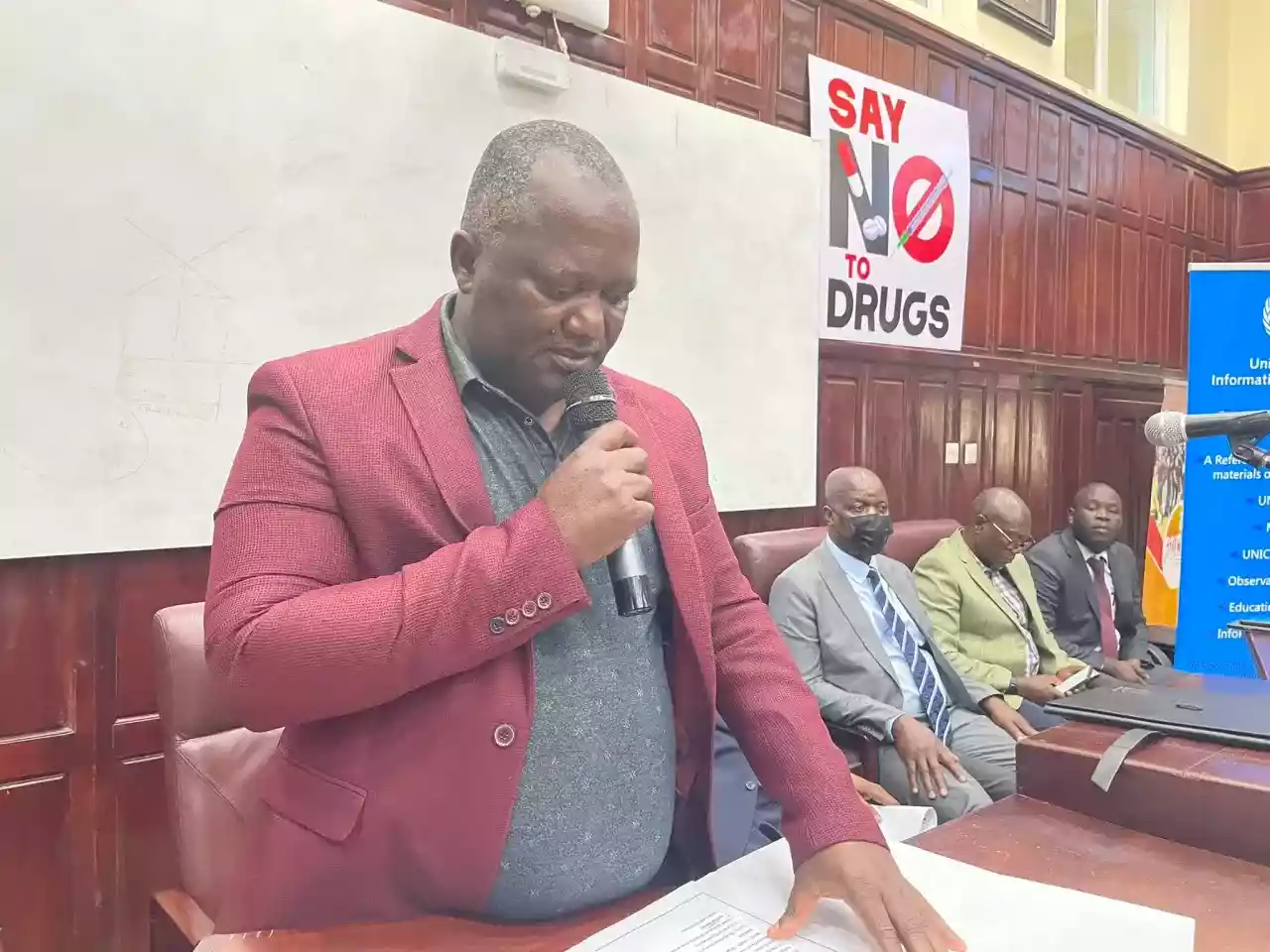
TRANSPARENCY International Zimbabwe (TI-Z) has accused the government of failing to address rampant corruption in the medicine supply chain, leading to critical drug shortages and a thriving black market.
A recent corruption risk assessment conducted by TI-Z revealed significant gaps in the country’s medicine supply chain.
The research, done in partnership with the Canadian embassy, was prompted by the government’s acknowledgment of widespread medicine shortages in the post-COVID-19 era, which has forced many Zimbabweans to resort to the black market for essential medication.
Speaking during the meeting on sharing the corruption risk assessment findings in the healthcare sector yesterday, Dakarai Matanga, a senior research officer at TI-Z, highlighted that the findings indicate a system plagued by inefficiency and corruption.
This trend is exacerbated by the proliferation of vendors selling both prescriptions and illicit drugs.
“We found that the procurement of medicines was an area of high risk. Where evaluation and selection is concerned, there’s a failure to observe effective evaluation procedures, there is favouritism and bribery by suppliers,” Matanga said.
He added that politically exposed persons also weigh in and try to influence who supplies medicines.
The consequences of this crisis are particularly severe for vulnerable groups such as women and adolescent mothers.
- Chapepa’s tennis star continues to rise
- Another teenager dies giving birth at shrine
- Peptide therapy in the medical industry
- The five most effective Muscle-Building Peptides
Keep Reading
Esnara Kativhu, the programmes lead from Shamwari YeMwanasikana, a community-based organisation in Chitungwiza, revealed that women are being forced to pay for essential healthcare services, including family planning pills, post-exposure prophylaxis (PEP) for rape victims, and safe abortion services, despite these being government funded.
“Corruption is denying women access to basic healthcare. We are seeing a surge in cases where women are charged exorbitant fees for services that should be free,” she said.
“We have many cases of teenage mothers who now have more than one child because they find family planning pills being sold. Another girl had to give birth to a child after she was raped and could not access PEP pills. This shows rampant corruption in the health sector.”
The findings by TI-Z underscore the urgent need for comprehensive reforms to address corruption in the medicine supply chain.
Among other recommendations outlined in the research was the implementation of e-procurement, which is highlighted under the 2018 Public Procurement Act.










